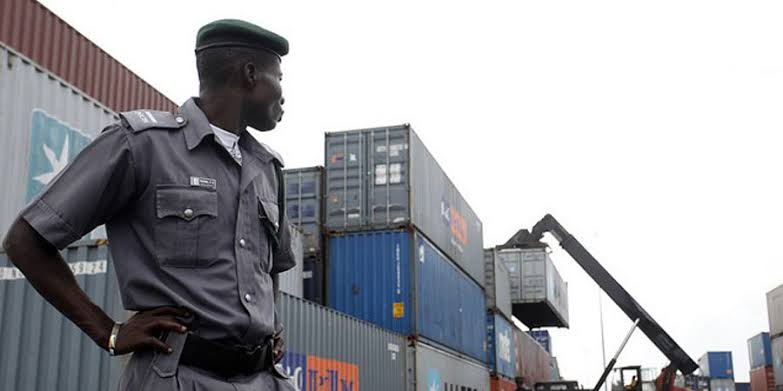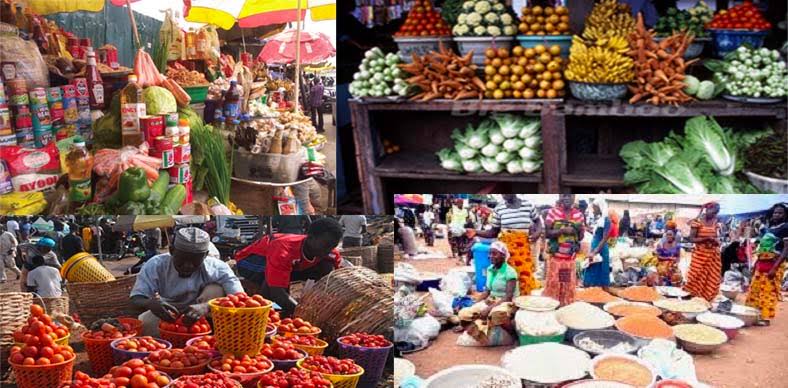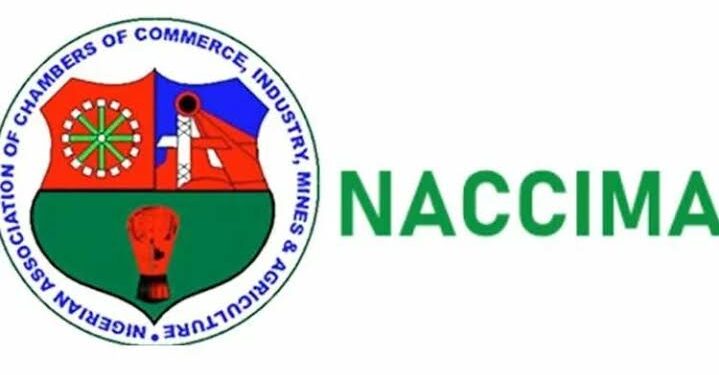The Nigerian Association of Chambers of Commerce, Industry, Mines and Agriculture (NACCIMA), the Association of Small Business Owners of Nigeria (ASBON), and the Lagos Chamber of Commerce and Industry (LCCI) have raised concerns over the delays in implementing the long-awaited food import duty waiver. These business groups are expressing frustration, stressing that the prompt execution of the waiver is crucial for stabilizing the nation’s food market and ensuring that essential food items remain accessible to all Nigerians.
The delay comes amidst worsening price inflation in the country, as many Nigerians eagerly await the government’s promised relief through the import duty waiver on staple foods like rice. Stakeholders within the business community are now urging the government to consider extending the deadline for the waiver beyond the current end date of December 2024. They argue that such an extension would allow more time for the benefits of the policy to take effect, given the logistical challenges involved in importing food items.

Voices from the Organized Private Sector (OPS), including members of the Rice Processors Association of Nigeria (RPAN), have expressed deep concern, noting that despite the government’s announcement of the waiver in July 2024, food prices remain stubbornly high. The waiver was originally designed to ease Nigeria’s food security challenges by making critical staples like maize, brown rice, wheat, and millet more affordable. However, as of yet, no importer or company has been able to benefit from this policy, leaving consumers to bear the brunt of soaring prices.
The programme was formally introduced on July 15, 2024, with an initial timeframe running through December 31, 2024. However, the slow pace of implementation has led to mounting frustration among stakeholders. Dr. Andy Ekwelem, Director-General of RPAN, emphasized the need for more time to fully implement the policy, particularly given the long shipping times involved in food imports. “Considering the duration of time it takes for a ship to arrive in the country, there would be a need to extend the time frame,” he said. He added that although the final guidelines for the waiver’s implementation remain unclear, immediate action is necessary to prevent a deepening food crisis, particularly as rice prices continue to surge.

The National President of NACCIMA, Dele Oye, also called for an extension of the waiver deadline. He advocated for a coordinated approach between the government and the private sector to address the underlying economic conditions contributing to the food price inflation. “Such an extension would allow for a more substantial impact on food prices and give stakeholders time to adjust,” he said, stressing that the current timeframe is too short for the full benefits of the policy to be realized.
Similarly, Dr. Femi Egbesola, National President of the Association of Small Business Owners of Nigeria (ASBON), emphasized the critical need for government intervention to address rising food prices. He warned that failure to promptly implement the waiver could exacerbate the already dire situation of poverty and hunger in Nigeria. Egbesola stressed that the delay in implementing the waiver threatens to deepen the economic hardship faced by many Nigerians.

Gabriel Idahosa, President of the Lagos Chamber of Commerce and Industry (LCCI), echoed these frustrations, pointing out that there has been little evidence in the marketplace to suggest that the waiver policy has had any effect since its announcement. “There is no evidence in the market of the effects of that policy announcement,” Idahosa said, urging the government to provide clarity on why the delays have occurred and what is being done to expedite the process.
The Manufacturers Association of Nigeria (MAN) also weighed in on the matter. Its Director-General, Segun Ajayi Kadir, acknowledged that the effects of the waiver should start becoming visible by November, though he cautioned that stakeholders must avoid exploiting the waiver in ways that could harm local production. Kadir emphasized the need to balance the benefits of the waiver with the protection of domestic industries, particularly as the country seeks to reduce its dependence on imports while boosting local agricultural production.
Despite the growing concerns, the Nigeria Customs Service (NCS) has indicated that it is fully prepared to implement the waiver policy. Comptroller-General Adewale Adeniyi has reportedly directed customs officials to begin enforcement, and Abdullahi Maiwada, the National Public Relations Officer for NCS, affirmed the agency’s commitment to executing the government’s fiscal policies. Maiwada assured stakeholders that customs officials are ready to take the necessary steps to facilitate the waiver’s implementation, once all procedures are in place.
As Nigeria continues to grapple with rising inflation and escalating food prices, the timely implementation of the import duty waiver is viewed as a critical tool for stabilizing the food market. Industry experts and stakeholders alike have stressed that ensuring the waiver’s success will require coordinated efforts across multiple sectors of the economy, including shipping, customs, and local production.
Ultimately, the goal remains to make essential food items more affordable and accessible for all Nigerians, particularly in the face of rising inflation and economic pressures. With the government under increasing pressure to deliver on its promises, the coming months will be pivotal in determining whether the waiver can have the intended impact or whether further delays will deepen the country’s food crisis. Stakeholders across the board are calling for immediate action to ensure that the waiver is rolled out effectively, that it is extended if necessary, and that the Nigerian public begins to see tangible relief from skyrocketing food prices.































